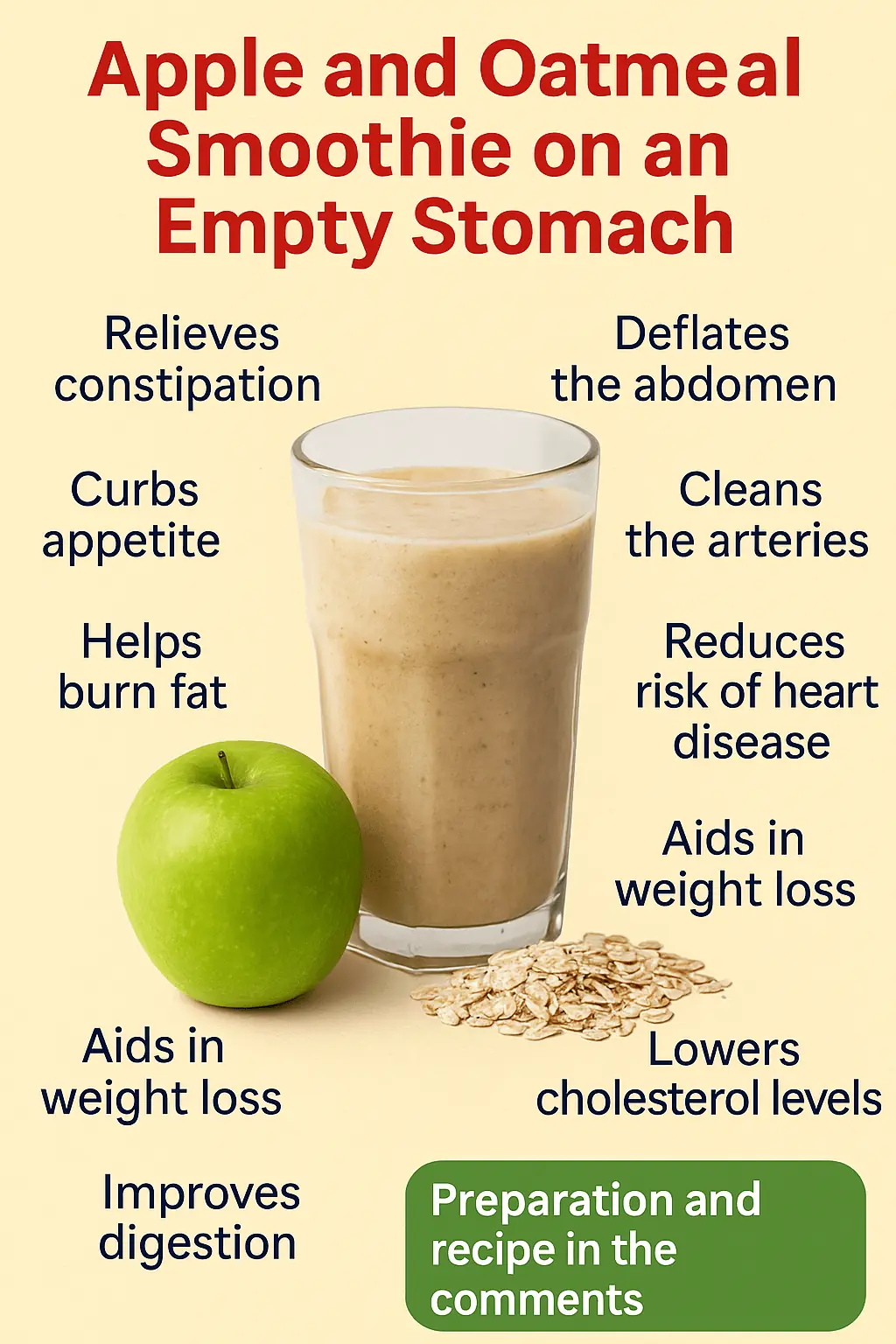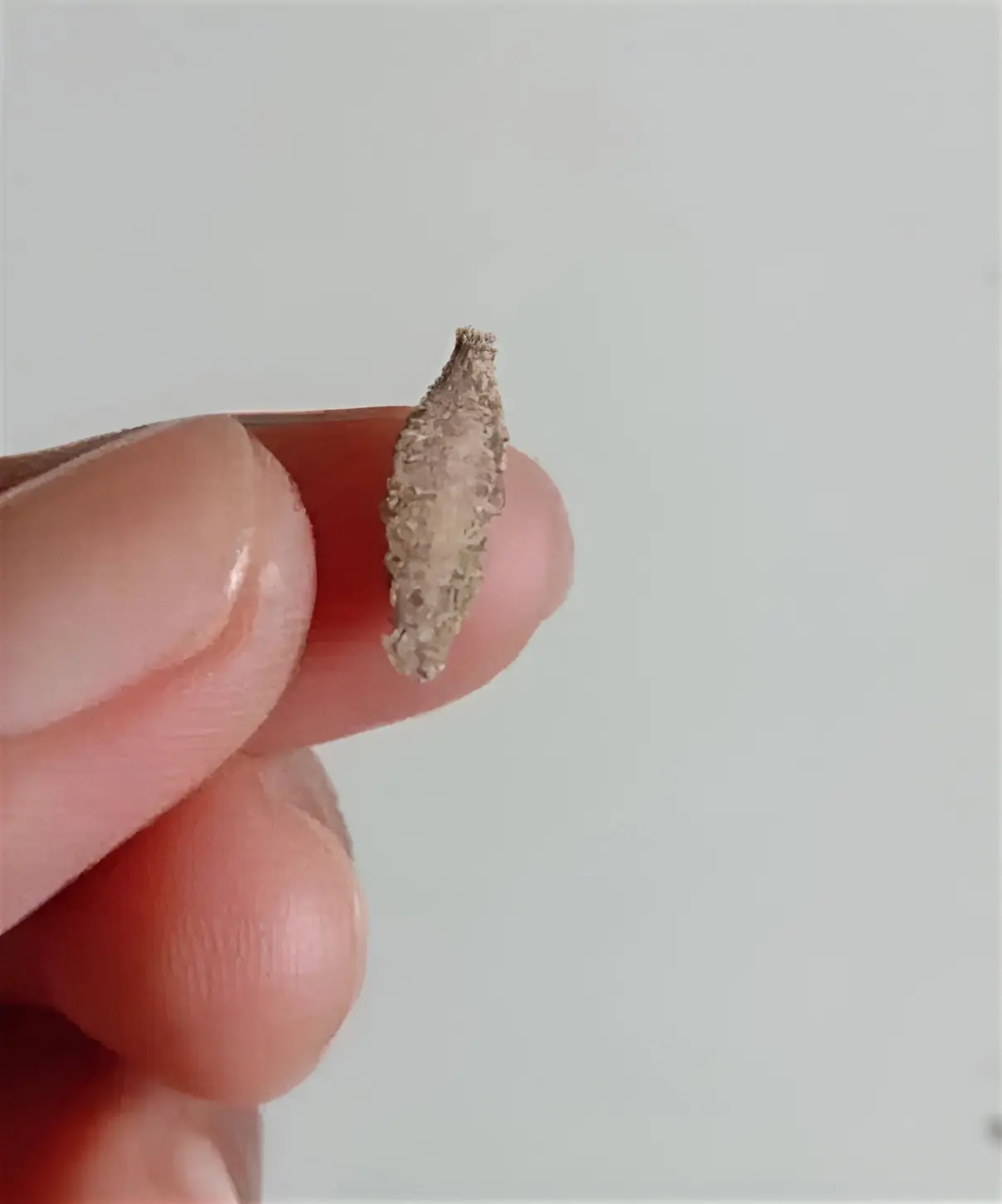
The Ultimate Guide to Cloves: Benefits, Uses, and How They Work

Cloves: The Small Spice with Big Health Benefits
From your kitchen spice rack to ancient medicine cabinets, cloves have held a place of honor for centuries. Known for their warm, subtly sweet flavor, these tiny dried flower buds do far more than enhance cookies, chai tea, and savory dishes. Packed with bioactive compounds, cloves offer an impressive range of potential health benefits—some of which may surprise you.
This guide takes you through everything you need to know: how cloves grow, their proven and possible health benefits, how to use them safely, and when to avoid them.
What Are Cloves?
If you’ve ever noticed that cloves look like tiny dried flower buds, that’s exactly what they are—the unopened blooms of the evergreen clove tree (Syzygium aromaticum). Native to Indonesia’s Maluku Islands, the trees now thrive in tropical climates worldwide.
Clove trees can grow up to 30 feet tall and produce crimson buds with a strong, aromatic fragrance. Farmers handpick these buds before they open, then dry them in the sun until they take on the deep reddish-brown color you know.
The Secret Ingredient: Eugenol
The real magic of cloves lies in eugenol, an aromatic compound with powerful antibacterial, anti-inflammatory, and antioxidant properties. Used in both Ayurvedic and traditional Chinese medicine, eugenol has been linked to a variety of health-promoting effects—from easing toothaches to supporting heart health.
Health Benefits of Cloves
1. Natural Oral Care
Cloves have long been a go-to remedy for tooth pain and gum irritation. Eugenol can help reduce harmful oral bacteria, lowering the risk of plaque, cavities, and gum disease. Clove oil or clove-infused mouthwash may help calm toothaches and reduce gum inflammation—but always use sparingly and never swallow the oil. Persistent dental pain should still be evaluated by a dentist.
2. Support for Blood Sugar Control
Some studies suggest cloves may help improve insulin sensitivity, which in turn could lower blood sugar levels. While this is promising for people with prediabetes or diabetes, cloves should never replace prescribed treatments. The safest way to enjoy their potential benefits is to include them as part of a balanced diet—think spice blends, teas, or baked goods.
3. Promote Healthy Blood Pressure
Research indicates that eugenol and other clove compounds may help relax and widen blood vessels, supporting healthy circulation. Their antioxidant effects may also reduce inflammation and oxidative stress—two key contributors to high blood pressure. If you’re on hypertension medication, talk to your doctor before adding concentrated clove products.
4. Possible Anti-Cancer Potential
Laboratory research suggests eugenol might help slow the growth of certain cancer cells and trigger cancer cell death. While these findings are intriguing, they are far from conclusive. Cloves should be viewed as a complement to—not a replacement for—standard cancer prevention and treatment strategies.
5. Relief for Itchy Skin
Thanks to their anti-inflammatory and analgesic properties, diluted clove oil can sometimes help soothe irritated skin. Always blend it with a carrier oil, such as coconut or olive, and do a patch test before wider use. Sensitive skin types should seek medical advice first.
6. Easier Breathing During Colds or Allergies
Inhaling steam infused with cloves may help open nasal passages, ease congestion, and calm a sore throat. Simply add a few cloves (or a drop of clove oil) to hot water, cover your head with a towel, and breathe in the steam—making sure it’s warm, not scalding.
7. Support for Weight Management
Cloves may indirectly aid weight control by supporting blood sugar balance and reducing inflammation—two factors that can influence metabolism. While they’re not a miracle fat-burner, adding them to a healthy diet and exercise plan can be part of an overall wellness strategy.
8. Potential Anti-Parasitic Properties
Traditional medicine has used cloves to help eliminate intestinal parasites. Early research shows eugenol may have anti-parasitic effects, but scientific evidence is still limited.
9. Bed Bug Repellent (With Caveats)
The strong scent of cloves may help deter bed bugs, but it’s not a guaranteed or permanent fix. For infestations, professional pest control is still the most effective route.
Possible Risks and Side Effects
Even natural remedies have limits. Highly concentrated clove products—especially clove oil—can be toxic if ingested and may cause liver damage or seizures. Large doses are unsafe for children, and pregnant or breastfeeding women should avoid concentrated forms. Those on blood thinners, preparing for surgery, or taking insulin should also be cautious.
Pregnancy Note: Culinary amounts of cloves in food are generally safe. However, concentrated oils should be avoided during pregnancy due to potential uterine effects.
Safe Ways to Use Cloves
Adding cloves to your routine can be simple and delicious:
-
Sprinkle ground cloves into baked goods, marinades, or spice blends
-
Add whole cloves to stews, teas, or mulled wine
-
Mix a pinch into your morning coffee or chai for extra warmth
Avoid drinking clove oil or clove “water” made from concentrated extracts. When in doubt, consult your healthcare provider—especially if you have a medical condition or take prescription medication.
Bottom Line:
Cloves are more than just a holiday spice—they’re a fragrant powerhouse with potential benefits for your mouth, blood sugar, heart, skin, and more. Used wisely and in moderation, they can be a flavorful and health-boosting addition to your daily life.
News in the same category


11 Everyday Benefits of Cloves That Might Surprise You

How to Strengthen and Grow Your Nails Naturally

The Powerful Watermelon, Carrot, Beet, and Ginger Juice: A Healthy Recipe for Vitality and Wellness

Health Benefits of Oregano and How to Use It

Benefits of Eating a Clove Every Day

How Long Can You Keep Frozen Meat Before Throwing It Away? Here’s the Answer

17 Silent Signals Your Body Is Sending You (And How to Relieve Them Naturally)

The Magic of Cloves and Cinnamon Water: A Daily Health Ritual for the Young at Heart

People at Risk of Cancer Often Show 3 Unusual Signs in the Neck – Even One Is a Health Warning

3 Selfish Habits of Husbands That Increase Their Wives’ Risk of Cervical Cancer – Stop Them Now Before They Harm the Whole Family

🧴 Add Cloves into Baby Oil and See What Happens – 11 Powerful Reasons to Use It Every Day

Oat Water with Lemon: Natural Elixir for Health and Weight Loss

Is Cabbage Harmful to the Thyroid? Discover the Truth

Natural Childbirth: An Experience Without Anesthesia

Natural Antibiotic: Home Remedy to Relieve Sore Throat

5 Health Issues Stress Can Cause (And Many Ignore)

Apple and Oat Smoothie: A Health-Boosting Drink

Health Benefits of Oregano and How to Use It
News Post

The Benefits of Cooking Onion in Milk: An Unmatched Natural Remedy

Ever Seen This Creepy Wall-Clinging Moth? Meet the Kamitetep

Employees Mocked The Quiet Old Man In The Lobby — Until He Walked Into The Boardroom And Closed The Door

Ignite Your Passion at Any Age: The Surprising Power of Coffee & Garlic

I Shed Unwanted Fat Quickly with This Surprising Trick!

The No.1 Vitamin to Help Reduce Swelling in Your Legs and Feet

Discovering the Remarkable Benefits of Garlic Milk: A Time-Honored Remedy for Today’s Health

Relieve Sore Throat and Inflammation Naturally with Cloves

Spice Up Your Brew: The Hidden Health Secrets of Coffee with Ginger

Discover the Health Benefits of a Natural Elixir Packed with Garlic, Turmeric, Onion, Ginger, and Guava Leaves

Two-Tier Vintage Strawberry Cake Recipe 🍓🎂✨

Vintage Raspberry Birthday Cake Recipe 🎀🍰✨

Enchanted Fairy Garden Cake Recipe 🧚♀️🌸✨

A Natural Path to Healing: Barbara O’Neill’s Holistic Approach to Cancer Support

Lavender & Vanilla Ice Cream Roll Cake Recipe 🌸🍦💜

11 Everyday Benefits of Cloves That Might Surprise You

Cotton Candy Cake Recipe 🎂💖

How to Strengthen and Grow Your Nails Naturally
